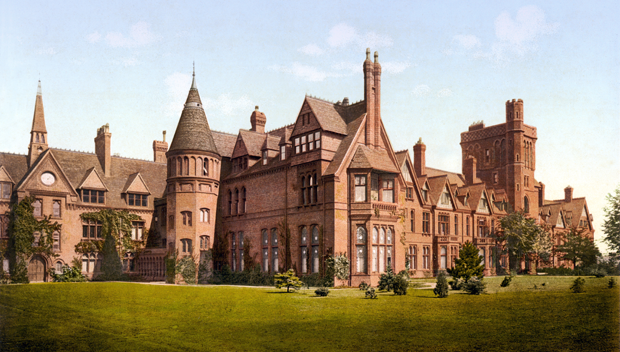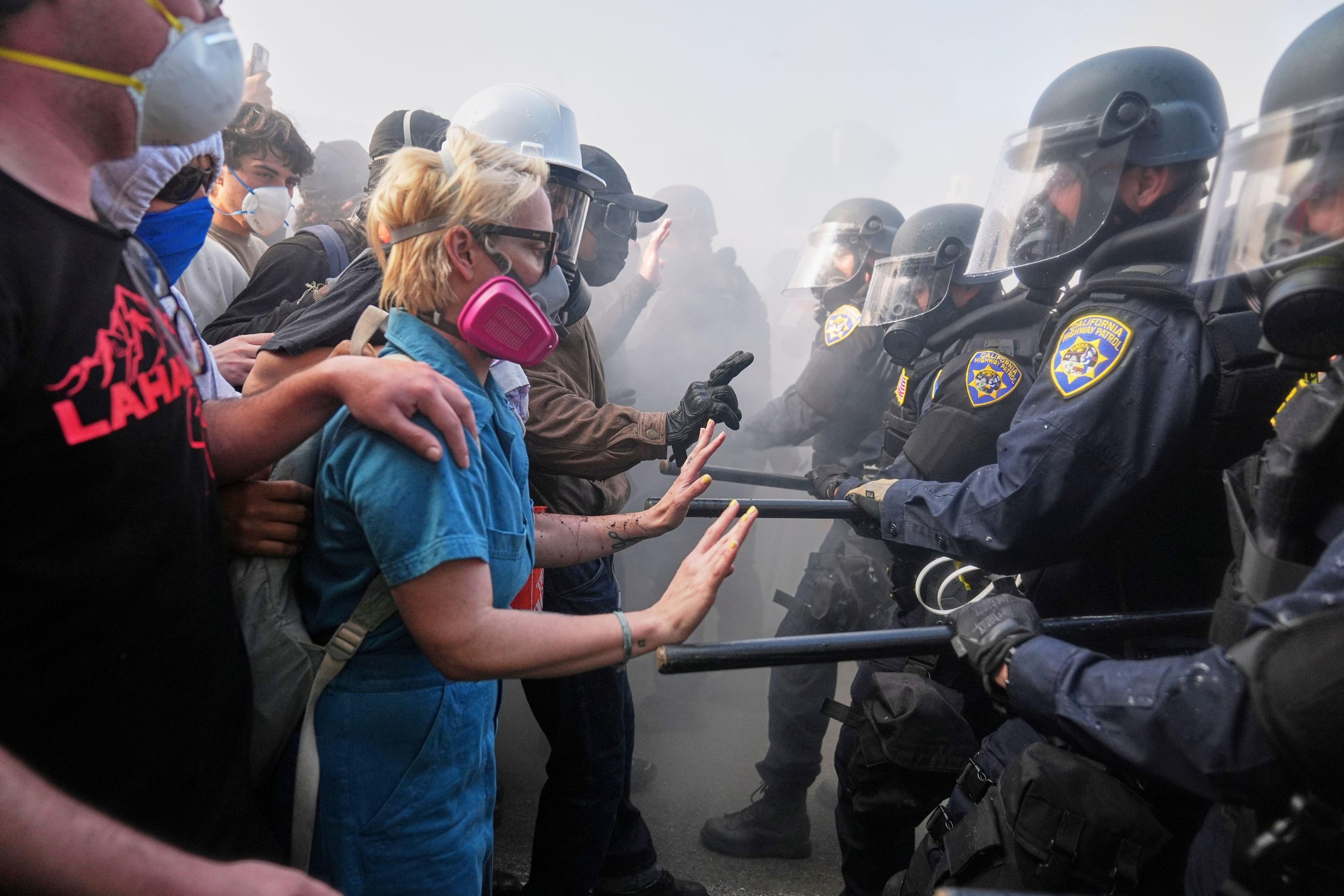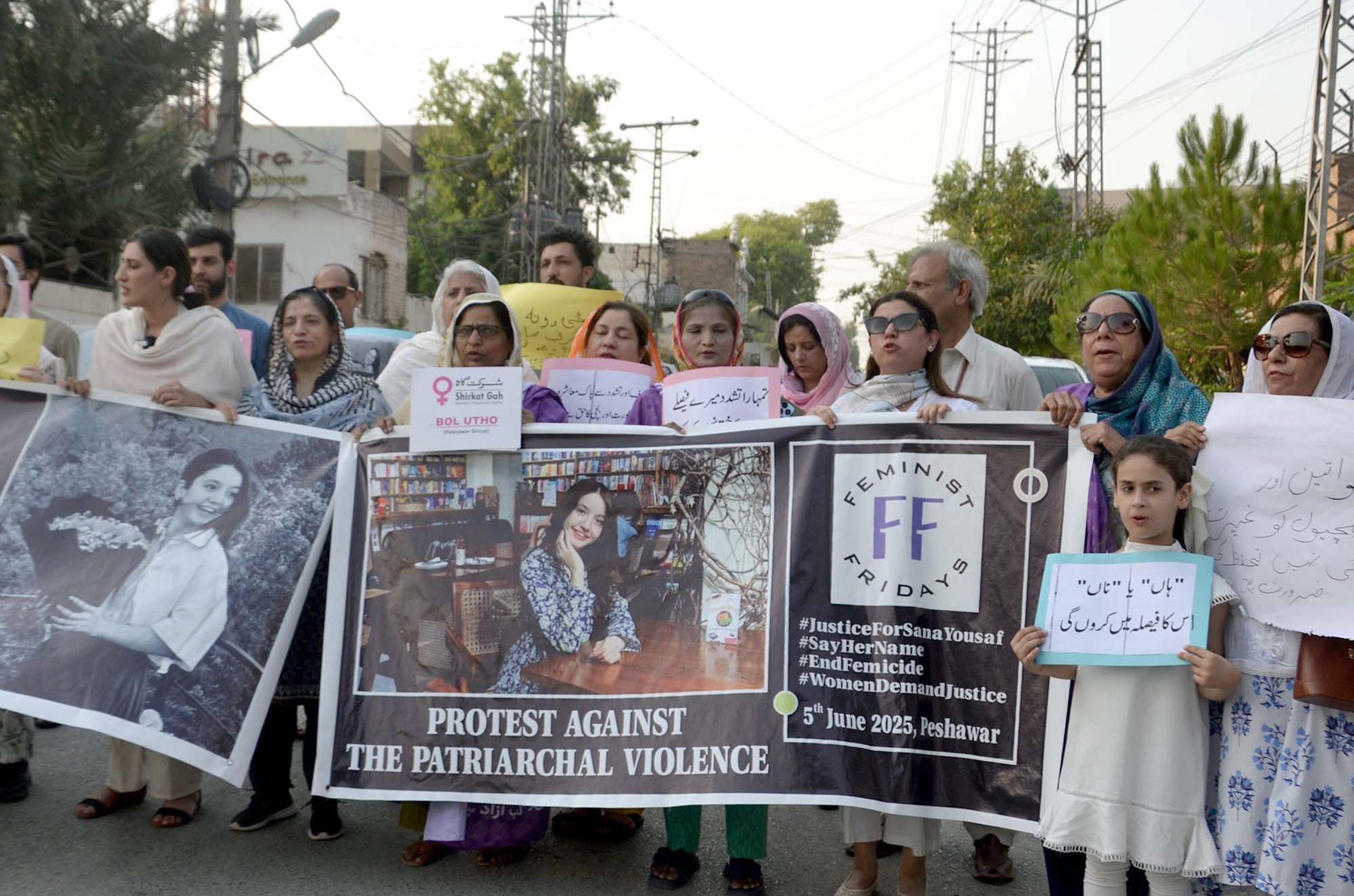
Girton College in the 1890s, England’s first residential college for women. (Photo: Wikipedia)
Time was when UK universities didn’t even allow women in; then they did, but they had to be in separate colleges. Rather shockingly, it was not until 1948 that women were given full membership of the University of Cambridge.
So in the 21st century why does it feel like it is all swinging back in the wrong direction? Universities UK, an official body representing universities and giving them advice on the law and best practises, decided it is fine for universities to give in to a speaker who asks for the audience to be segregated by gender, if the speaker is from an orthodox religious background.
Funny thing about religions but it is never the men that get the raw deal. They are never the ones that are not allowed to sit at the front, or speak, or take part in the service. Since we live in a society where we believe men and women, boys and girls, should have equal chances in life, including the right to speak at a debate or sit at the front if they want to, then a genuinely strong society should not consider rolling over to a religious speaker who asks for the audience to be segregated.
Let’s put it like this, if a speaker asked for the audience at a debate to be divided by religious group (let all the Jews sit at the back), or by colour, would any university consider it as a reasonable request? The answer is clearly no.
Hard-fought freedoms should not be given up so easily, and quickly, especially in the heart of institutions where we expect to see vigorous debate, ideas challenged and the freedom of speech defended.
So Universities UK need to worry less about religious offence, and more about offending the rest of society by rolling over and giving up freedoms that we have spent hundreds of years achieving.
If any speaker is unwilling to be part of a panel where the audience is a genuine mix of people then that is their choice. They don’t not have the right to demand that the audience is put into boxes that conforms with their beliefs.
In the upcoming issue of Index on Censorship we consider where liberal societies are too eager to give way on religious “offence” rather than defending the foundations of a democractic society as free and fair to everyone. There are those who believe that their religious customs should be imposed on others, rather than offering others the freedom to choose. They may believe that their choices should not be questioned, and there are some “liberals” who worry too much about offending others, and so indulge in self censorship, rather than speaking up for what is right.
In centuries past in the UK there were those that were thrown in jail or ostracised for their religious beliefs, we live in a society today where we defend people’s right to choose a religion. The quid pro quo is that we also defend everyone’s right to debate religions and their practises. Religions are big and strong enough to be able to accept debate and questioning in this society.
The next issue of Index on Censorship magazine includes a special report on religious freedom, censorship and religious offence.
This article was posted on 11 Dec 2013 at indexoncensorship.org




